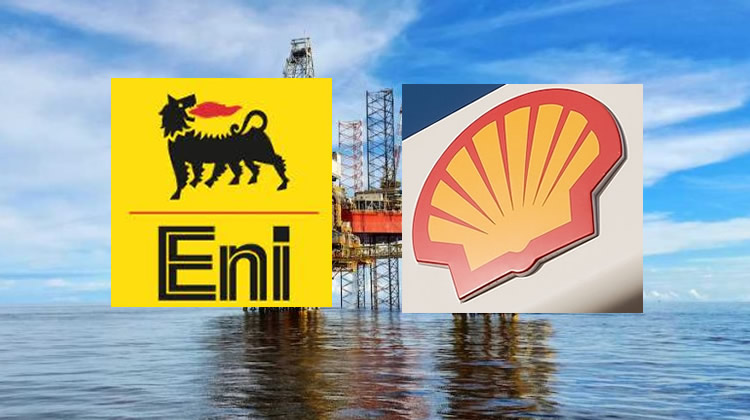The convictions of two Italian prosecutors, Fabio De Pasquale and Sergio Spadaro, for concealing crucial evidence in the controversial OPL 245 oil deal represent a significant development in an extensive legal saga involving significant players like Shell and Eni. The Brescia court sentenced both prosecutors to eight months in prison; however, the sentences are suspended, meaning that they will only serve time if they commit similar offenses in the future. These proceedings are part of a complex legal backdrop where multiple courts, including those in Italy, the UK, and Nigeria, have dismissed all fraud charges concerning the alleged misconduct surrounding the negotiation and sale of the OPL 245 oil block to Shell and Eni by Malabu Oil and Gas Limited, a Nigerian firm. This case highlights the intricate nature of international business dealings and the legal challenges that arise when allegations implicate high-profile entities.
The court, presided over by Judge Roberto Spanò, concluded that the two prosecutors had violated their legal responsibilities by intentionally withholding evidence that could have played a crucial role in the defense’s case during the trial that was held in Milan. The evidence in question was believed to be integral for the defense, strengthening its argument against the allegations of wrongdoing. Despite claims by De Pasquale and Spadaro that they were not obligated to disclose these documents, the court ruled that their actions infringed upon the defendants’ rights to a fair trial, further emphasizing the importance of transparency within legal proceedings.
In the larger context of this case, the ramifications for the OPL 245 deal have been significant. In May 2024, De Pasquale was demoted by Italy’s Superior Council of the Judiciary for showing a “lack of impartiality and fairness” while handling the OPL 245 case. His conduct also involved the concealment of evidence that cleared former Nigerian Attorney General Mohammed Bello Adoke (SAN) of allegations regarding bribery related to the OPL 245 deal. Evidence that emerged indicated that the property in question was owned by the Central Bank of Nigeria, thereby exonerating Adoke from the claims made against him.
The legal entanglements continued when, in March 2024, Adoke was fully discharged by a Federal Capital High Court, which cleared him of all associated charges of bribery and corruption surrounding the OPL 245 transaction. This acquittal represents another pivotal moment in the case, indicating that high-stakes corruption allegations can sometimes be unfounded when scrutinized under the aegis of judicial review. The case’s trajectory reflects the often tenuous nature of legal accountability in high-profile international transactions and raises questions about the fairness of criminal proceedings when they intersect with complex financial dealings.
Moreover, other individuals and entities, including businessman Aliyu Abubakar, Malabu Oil & Gas Limited’s secretary Rasky Gbinigie, and multiple companies involved such as Nigeria Agip Exploration, Shell Ultra Deep Nigeria Ltd, and Shell Nigeria Exploration Production Company Ltd, also faced charges but were acquitted. This cascade of acquittals showcases the difficulty in establishing culpability and the challenges prosecutors face in navigating legal frameworks that intersect multiple jurisdictions and legal systems.
The Italian judiciary, through the conviction of De Pasquale and Spadaro, also criticized the Economic and Financial Crimes Commission for expending four years on the OPL 245 case without delivering substantial evidence to support any claims of wrongdoing. This reprimand serves as a reminder of the resources invested in high-profile cases and the implications of prolonged legal battles that lack tangible results. It also underscores the necessity for rigorous standards of evidence and accountability within prosecutorial practices, especially in cases that garner international attention and have far-reaching implications for corporate governance in the oil and gas sector.














